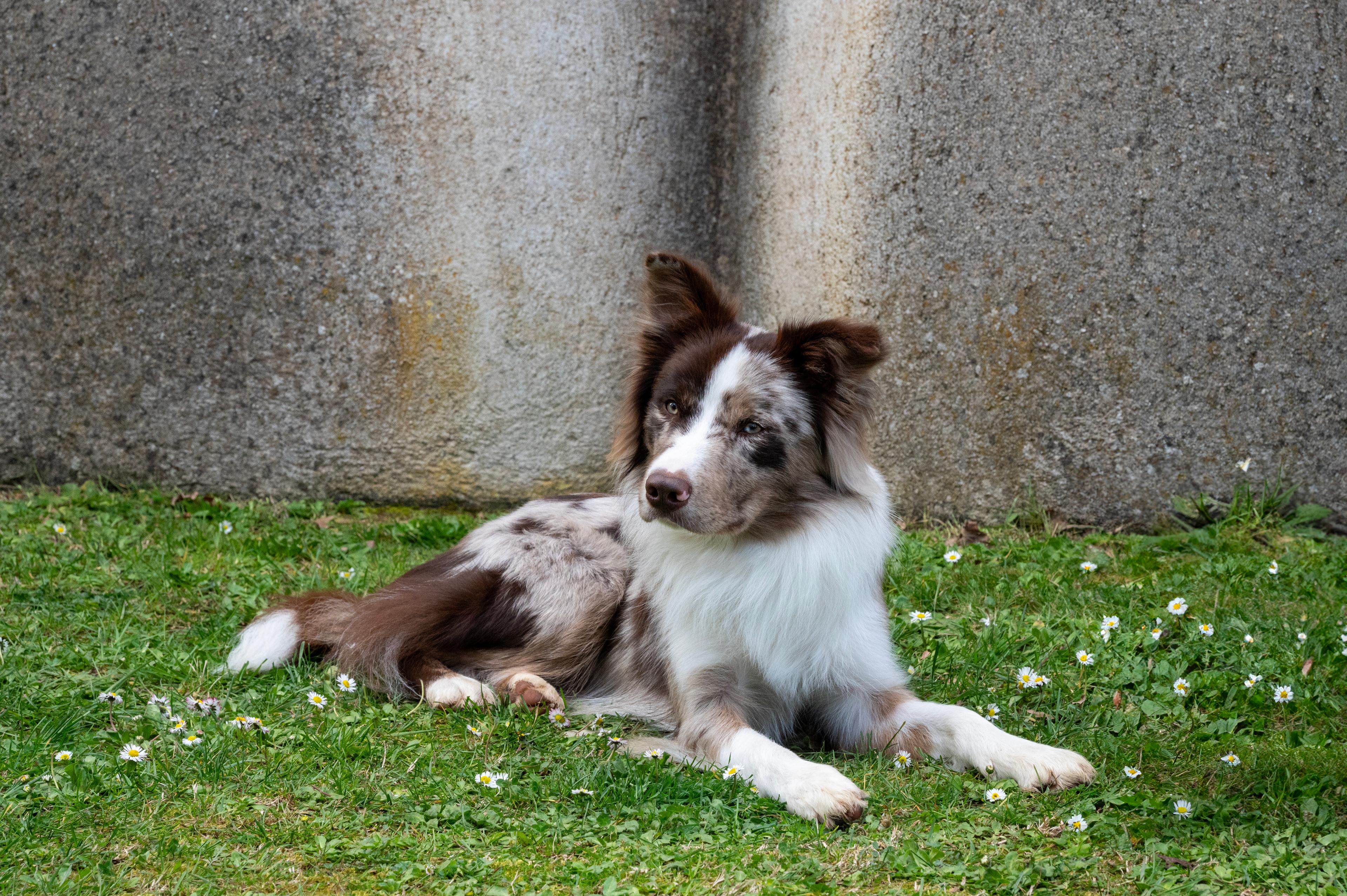It’s unpleasant if your dog has diarrhea, but it's also a worry. While dog diarrhea is often a mild and short-term problem, it can signify something more serious. So, how do you know if your dog’s upset stomach can be treated at home or when they need to see the vet? In this article, we’ll cover the causes, symptoms, and treatment of diarrhea in dogs and what you can do to help prevent it.
Breeds commonly affected:
Boxers and French Bulldogs are prone to colitis
Basenjis, Wheaten Terriers, and Irish Setters are prone to various hereditary gut issues.
Any breed prone to scavenging
What causes diarrhea in dogs?
Diarrhea in dogs can be caused by lots of different things, including:
Dietary indiscretion (eating something fatty, rich, or unpleasant)
Parasites (like intestinal worms and giardia, which can be passed to humans)
Infections (some of which can be passed to humans)
Health conditions affecting other organs (like kidney and liver disease)
Toxicity (from eating or having contact with something poisonous)
Inflammatory bowel disease
Food allergies
Cancer of the gut or nearby organs
Thankfully, most dog diarrhea cases are temporary stomach upsets caused by eating something they shouldn’t or stress. However, it’s important to be aware of other causes that might require veterinary treatment, and what specific symptoms you might notice if that’s the case.
What are the symptoms of diarrhea in dogs?
Diarrhea in dogs means softer, looser poops, varying from cowpat to pure liquid. Dogs with diarrhea tend to pass poop more frequently, and you might also notice them straining and passing a few spots of fresh (red) blood. You might also notice:
Your dog's stomach or guts gurgling (borborygmi)
Your dog might seem uncomfortable – stretching out, groaning, or struggling to get comfy.
A reduced appetite
Nausea and vomiting as well
Sometimes, what your dog’s diarrhea looks like can give a clue as to what might be causing the problem. In dogs with colitis (inflammation of the large bowel often caused by stress or dietary indiscretion), you might notice mucus, and the stool has a more jelly-like appearance. If your dog’s diarrhea is caused by a problem in their stomach or small intestine, you’re less likely to see mucus but you might notice melena, which is black, tarry feces containing digested blood. If your dog’s diarrhea is caused by parasites, you might see worms in their stools, but that’s not always the case.
If a health condition outside of the gut is causing your dog’s diarrhea, you might notice other symptoms – toxicity might cause twitching or seizures, while liver disease might cause a yellow-orange tinge to the gums, eyes, and skin.
Because there are so many different causes of diarrhea in dogs, it’s important to seek your veterinarian’s advice right away if your dog is unable to keep food or water down, if they’re passing black stools or stools with large amounts of blood, if they’re off their food for more than a day or two, or if you think they are dehydrated.
How is diarrhea in dogs treated?
The treatment that your dog needs will depend on what’s causing their diarrhea. After examining your dog, your veterinarian may need to run a blood sample, perform an ultrasound scan or x-ray, or send a poop sample to the lab for an exam.
Mild cases of colitis and dietary indiscretion may only require symptomatic treatment with gut protectants, probiotics, or fiber paste. Feeding little and often can help them get the most from their food. Parasites and bacterial infections can be treated with dewormers and antibiotics, respectively.
If there’s a more serious cause, like an obstruction caused by a foreign body or tumor, your dog may need surgery to correct the problem or take biopsies, and there might be follow-up medication required to help your dog heal.
If your dog's diarrhea is caused by a health condition elsewhere in their body, treatment will be required for the underlying problem.
How do you prevent diarrhea in dogs?
Not all causes of diarrhea in dogs can be prevented. However, if you want to minimize the risk and keep them as healthy as possible, keep up to date with parasite control treatments, including tapeworm. It’s also ideal to stop them from scavenging when on walks or in the garden and keep food waste out of their reach. If you know they are sensitive to a particular food, it’s best to avoid that and stick to a consistent, nutritionally complete dog food that works for them.
Summary
Diarrhea in dogs can be caused by a whole host of things – diet, gut problems, and health problems elsewhere in the body. If your dog is acting well, eating and drinking normally, and has no other symptoms, mild diarrhea can settle with a few days of home care. However, if your dog is off their food, acting unwell, not drinking, or has other symptoms, it’s a good idea to get them checked by your vet just in case.
About the Author
This blog post was written by Dr. Hannah Godfrey, a UK vet who knows how much you care about your pet family. Dr. Godfrey is passionate about helping pet parents better understand their companions and accomplishes this through her writing. Discover more blogs written by Dr Godfrey here.

Hannah graduated from the Royal Veterinary College in 2011 and began work straight away at a busy mixed practice. Initially, she treated all species, but focused on small animals from 2014. She has a passion for soft tissue surgery, ultrasound, and canine and feline dentistry, having completed additional training in these areas.
In 2018, Hannah began working at a smaller, independent practice close to home, in order to devote more time to her other loves – writing comedy fiction and spending time with her young family. She now spreads herself across clinical and non-clinical veterinary roles, including working as a locum vet, being Community Lead for a team of Human Factors trainers, and using her writing skills to help educate and inform pet owners.












